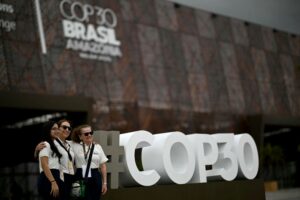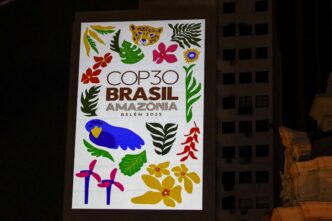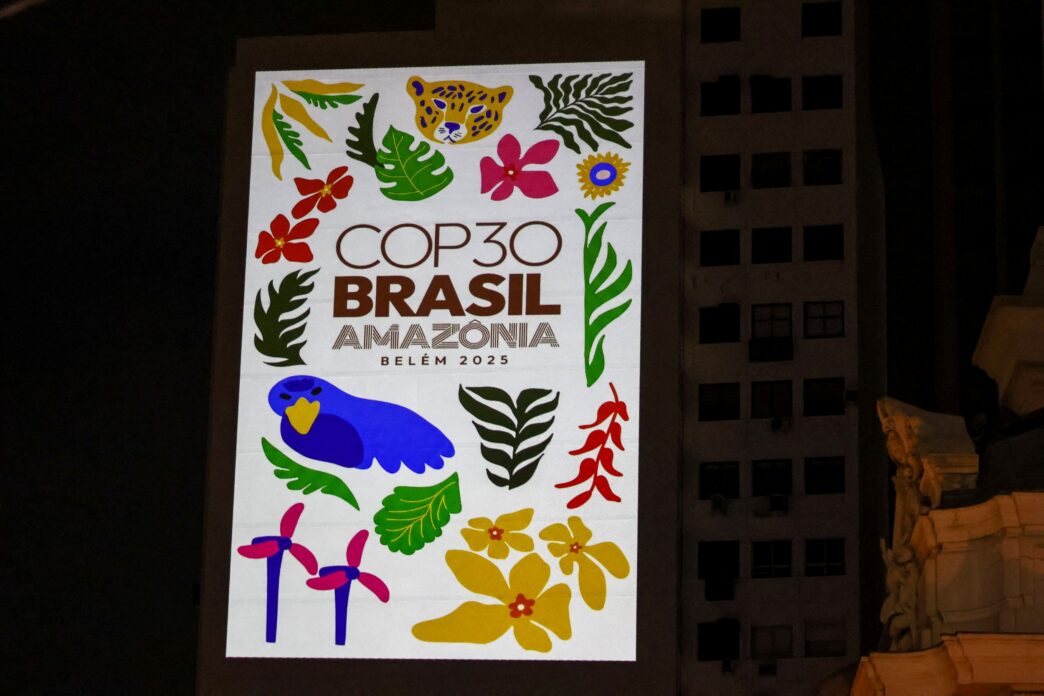A clip purporting to depict severe flooding in the Amazonian city where the UN climate summit is taking place is just one widely circulated example of how misinformation, cheaply generated by artificial intelligence and shared on social media, is shaping perceptions of COP30.
A recently released report by the Coalition Against Climate Disinformation (CAAD) reveals that, despite growing support for initiatives to combat climate change, the relentless spread of online falsehoods, amplified by AI, contributes to ongoing distrust of science.
CAAD and the Observatory for Information Integrity (Oii) reported a 267 per cent increase in disinformation related to COP, amounting to over 14,000 instances, from July through September.
Several videos suggested that Belem would not be suitable to host the important conference, with one filmed in Tbilisi, Georgia, and another utilising footage from two years ago.

In the clip that allegedly shows the city underwater, Oii stated: “The reporter is fictitious, the individuals are non-existent, the flood is imaginary, and the city is a fabrication.” TikTok has not taken down the video, which fails to disclose its AI-generated content, even after Oii researchers alerted the platform.
This reflects a broader pattern of AI-influenced climate-related content that has circulated throughout 2025. Earlier this year, AFP examined a document that claimed to be authored by Elon Musk’s Grok 3 AI, which inaccurately dismissed the reliability of the Intergovernmental Panel on Climate Change’s climate models.


 Trending
Trending 



